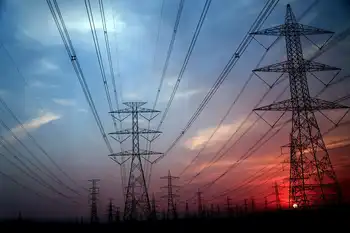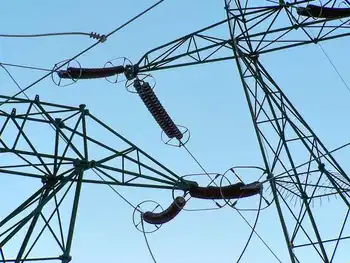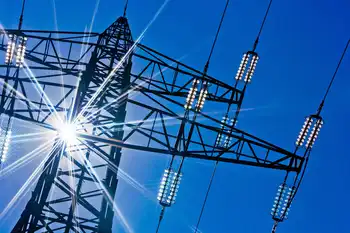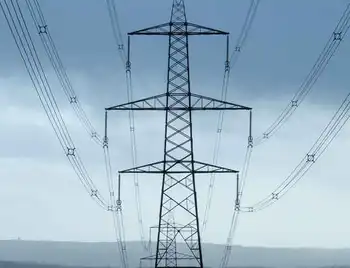Nypa Chairman Seymour Urges 3-Part Power-Supply Strategy
- New York Power Authority (NYPA) Chairman and Chief Executive Officer Joseph J. Seymour called Thursday for a three-part strategy to assure that the state has enough electricity to meet growing needs as the power industry moves into a new age of deregulation.
"We must use energy more efficiently," Seymour said at the annual meeting of Multiple Intervenors, an organization of large commercial and industrial energy consumers with facilities in New York State. "We must strengthen our transmission system. And we must build new, environmentally clean power plants as quickly as possible."
Seymour told the audience at the Wyndham Syracuse that the Power Authority is playing a prominent role in each of these areas under the leadership of Gov. George E. Pataki.
"We're investing more than $100 million this year in energy-efficiency programs and clean, new energy sources," Seymour said. "That's more than 2 l/2 times the figure for 1994, the year before the governor took office."
He also noted that NYPA is installing the world's most advanced transmission control device--a convertible static compensator (CSC)--at its Marcy Substation near Utica. Completion of the project's first phase has boosted statewide transmission capacity by 114 megawatts, without construction of new lines, Seymour said. The project is expected to be fully operational next summer, when the increase in transmission capability will reach 200 megawatts or more.
Seymour said the Power Authority installed 10 small, clean gas-turbine generators in New York City and another on Long Island in a successful effort to stave off threatened blackouts this past summer, completing within 10 months a job that normally would take at least two years.
He said the new generators provided "an unanticipated, but very real, benefit" when transmission of power into the city and the output of larger power plants were cut as a precaution following last month's terrorist attack.
"The gas turbines came through," he said, "showing the strategic value of smaller, dispersed generation."
Seymour said that Governor Pataki has directed NYPA to transfer 80 megawatts of electricity it had supplied for use in the World Trade Center to businesses that were dislocated by the attack and are seeking to resume operations in New York City. He said the electricity "would save these companies a total of more than $6 million a year and play a key role in the rebuilding effort." Interested businesses should call, toll-free, 1-800-622-NYPA.
Overall, Seymour said, low-cost Power Authority electricity helps to protect nearly 420,000 jobs at businesses and non-profit organizations throughout the state under Governor Pataki's Power for Jobs program, NYPA hydroelectric allocations and other initiatives.
Noting that the Power Authority's federal licenses for its large hydroelectric projects on the St. Lawrence and Niagara rivers will expire in the next several years, Seymour urged support for efforts in Congress to reform the federal relicensing process, which he said can now result in significant delays and additional costs, as well as reduced power generation.
Seymour said that while current law requires the Federal Energy Regulatory Commission to consider power generation needs, environmental issues and other factors in granting a new license, various agencies can impose costly license conditions that do not address broader concerns. He asked the audience to join NYPA and others in backing legislation to achieve a more balanced approach.
"All with an interest in New York's economic well-being have a stake in this because our ability to relicense our projects in a cost-effective manner, and without a loss of generation, will directly affect how much power is available and at what price," Seymour said.
Related News
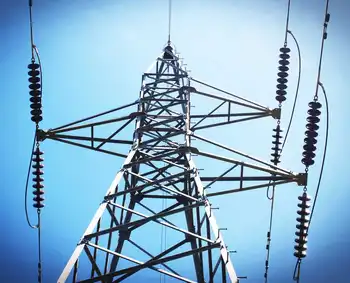
UK families living close to nuclear power stations could get free electricity
LONDON - UK Business Secretary Jacob Rees-Mogg has endorsed a French-style system that sees people living near nuclear power stations receive free electricity.
Speaking at an event organised by Policy Exchange think tank, Jacob Rees-Mogg said: “Nuclear power is just fundamental. There’s no way we can get to net zero, or even have an intelligent electricity strategy, without nuclear.”
Highlighting that this was his view and not a government policy announcement, he said: “We should copy the French. As I understand, if you live near a nuclear power station in France, you get free electricity and that’s great because then, I’ll have…

